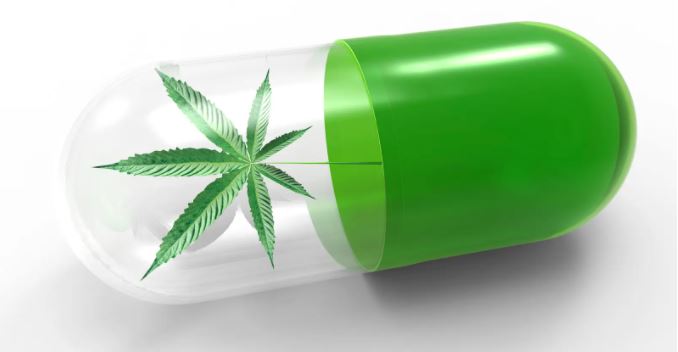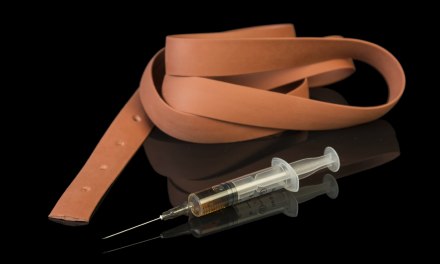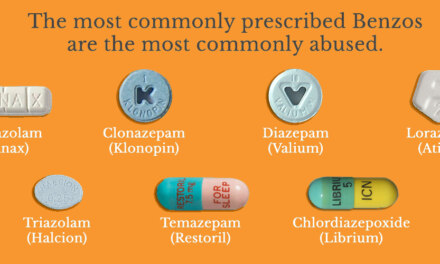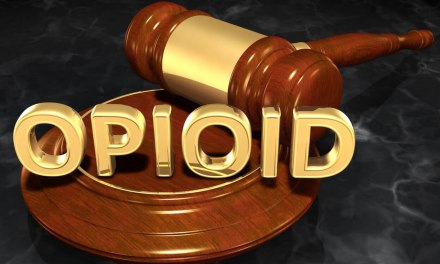In recent posts, I’ve reviewed some newer research on medical uses for marijuana, the most prominent of which is chronic pain. Some interesting findings there:
- Much of the perceived benefit of cannabis for controlling pain may actually be the result of our old friend the placebo effect, rather than marijuana itself– which may have only a minor impact.
- Another of the major benefits cited by patients– that marijuana helps them sleep– may also have been seriously overstated. In fact, cannabis withdrawal may actually be interfering with their rest.
I didn’t find either of those observations surprising, given that our experience of pain, especially the chronic sort, is so heavily influenced by emotional and psychological factors — not least of which are depression and anxiety. That in fact may be what cannabis acts on, rather than pain itself.
Now comes another study, this time on how patients are making use of the marijuana they receive for medical reasons. A survey of more than 1700 patients (average age 53 years) enrolled in medical marijuana programs revealed that only about one-third were in fact using the drug primarily to treat a medical issue (I can imagine what the others were using it for). Anyway, half of the medical users reported reduced use of other medicines commonly prescribed for pain: anti-inflammatories and OTC preparations, but most importantly, opioids.
That’s the good news. But a substantial number also reported reduced reliance on other standard remedies for chronic pain, such as Physical Therapy and CBT. To me, that suggests that marijuana is being substituted for the skill-building activities that according to evidence, promote long-term improvement in function.
If that is the case, I can certainly understand why. Non-drug remedies do tend to require considerably more effort than simply firing up a vape pen or chewing an edible. Medications are popular precisely because they take effect so quickly and are less likely to interrupt our busy lifestyle.
But since cannabis is known to produce tolerance and dependence, regular, frequent use can be expected to result in the appearance of a withdrawal syndrome. Once that is in play, withdrawal can actually increase the patient’s pain.
Will the patient be able to tell when cannabis has become part of the problem rather than the solution? I seriously doubt it. More likely, they’ll self-medicate it — with more cannabis. That will ‘work’, of course– for a while. Until the drug wears off again.
Now for the next question: By that point, will the patient care? Possibly not. They’ll have realized how difficult it would be to give it up. That’s enough to discourage change.
So it’s possible we’ve inadvertently reinforced the addiction. Maybe there’s no better alternative, but how hard have we looked for one?













